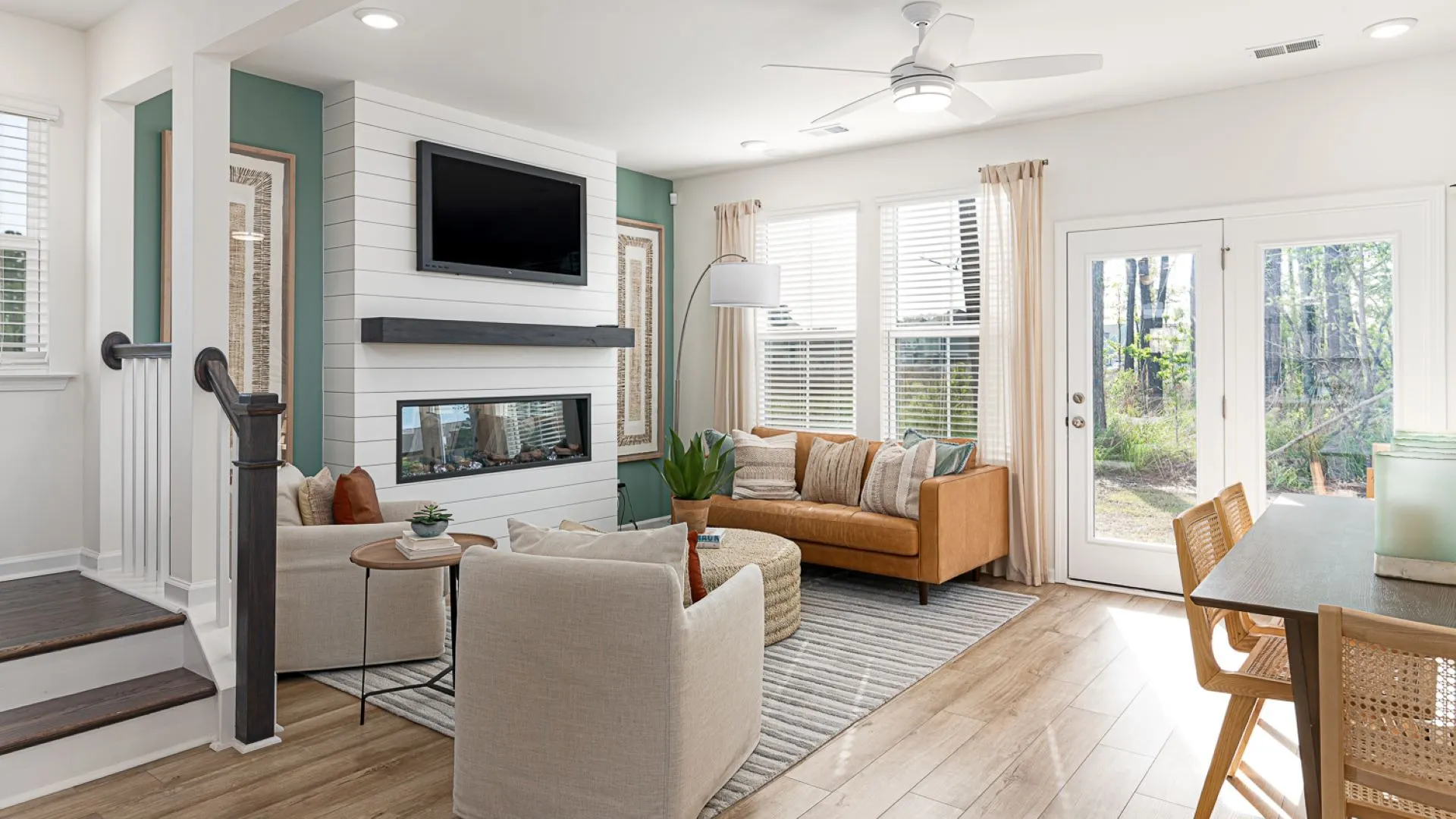
The quest for “houses for sale” can feel both exhilarating and a tad overwhelming. It’s a big decision, a significant step, and navigating the landscape requires a bit of savvy and a whole lot of heart. So, where do you even begin to find that perfect place to call your own?
Laying the Groundwork: Defining Your Needs and Dreams
Before you even start scrolling through online listings or driving through neighborhoods, take some time for a little soul-searching. What are your absolute must-haves? How many bedrooms and bathrooms do you realistically need? What about location – are you tied to a specific school district, commute route, or proximity to family and friends? Then, let your imagination wander a bit. What are your dream features? A sprawling backyard for barbecues? A gourmet kitchen for culinary adventures? A cozy fireplace for those chilly evenings? Distinguishing between needs and wants will help you focus your search and avoid getting sidetracked by properties that don’t truly align with your lifestyle.
The Digital Landscape: Exploring Online Listings with Intention
The internet has undoubtedly revolutionized the house-hunting process. Real estate websites and apps offer a seemingly endless array of houses for sale, complete with photos, virtual tours, and detailed descriptions. These tools can be incredibly helpful for getting a broad overview of the market and identifying potential contenders. However, approach these online listings with a discerning eye. Pictures can be deceiving, and sometimes the best finds are those that haven’t been perfectly staged for the camera. Use these platforms as a starting point, but don’t let them be the sole source of your search.
The Human Connection: The Value of a Real Estate Agent
In a world of instant information, the expertise of a good real estate agent remains invaluable. They are your boots on the ground, your local market experts, and your trusted advisors throughout the entire process. Look for an agent who is experienced, knowledgeable about your desired areas, and someone with whom you feel a genuine connection. They can provide insights into neighborhoods you might not have considered, alert you to new listings before they hit the mainstream, and guide you through the often-complex process of making offers and navigating negotiations. Think of them as your partner in this exciting endeavor.
Beyond the Walls: Considering the Neighborhood Vibe
A house is more than just the structure itself; it’s also about the community that surrounds it. Take the time to explore the neighborhoods that catch your eye. Drive around during different times of day to get a feel for the atmosphere. Check out local parks, shops, and restaurants. Talk to residents if you have the opportunity. Understanding the vibe of a neighborhood – whether it’s bustling and energetic or quiet and family-oriented – is crucial in finding a place where you’ll truly feel at home.
Stepping Through the Doorway: The Art of the House Viewing
When you finally schedule a viewing for a house that piques your interest, approach it with open eyes and a thoughtful mind. Walk through each room, imagining your own furniture and belongings in the space. Pay attention to the flow of the layout, the amount of natural light, and any potential issues that might need addressing. Don’t be afraid to ask questions about the age of the appliances, the condition of the roof, and any recent renovations. This is your chance to get a tangible sense of whether this house could truly work for you.
Understanding the Market Dynamics: Being Prepared to Act
The housing market can be a dynamic beast, with conditions varying significantly depending on location and economic factors. Your real estate agent will be your best resource for understanding the current market trends in your area. Are prices rising or falling? Is it a buyer’s or seller’s market? Knowing this information will help you strategize your search, understand the level of competition, and be prepared to act decisively when you find the right house.
The Emotional Side of Home Buying: Trusting Your Gut
While logic and practicality are essential in the house-hunting process, don’t underestimate the power of your emotions. Buying a home is a deeply personal decision, and it’s important to find a place that feels right. Pay attention to how you feel when you walk through a particular house. Can you envision yourself creating memories there? Does it feel welcoming and comfortable? Trust your instincts – sometimes, that intangible feeling of connection is the most important factor of all. It’s about finding a place where you don’t just live, but where you truly thrive.






